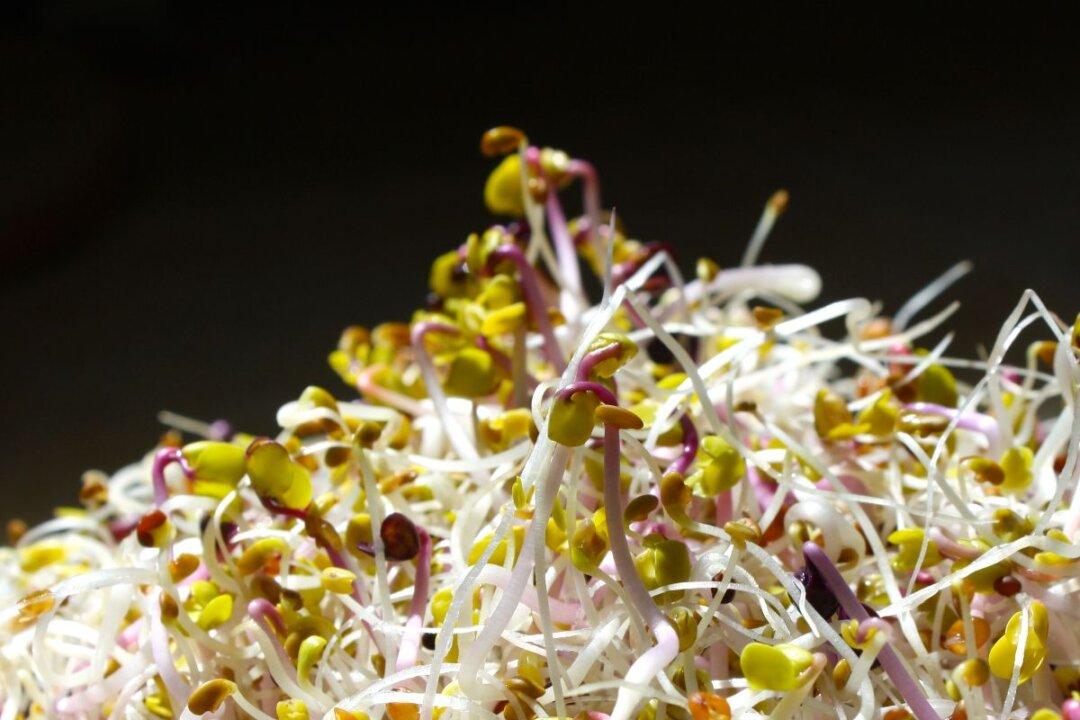Where can you get the most nutritious food on the planet? It may be surprising to learn that it can be found growing on a kitchen counter-top near you! Most people know that sprouts are the healthy origin of vegetables and occasionally encounter them as a garnish. What they likely don’t know, is that sprouts contain 20-30 times the nutrients of other vegetables!
Beyond that, is the empowering realization that sprouts can be easily, and inexpensively, grown in your own home. This gets you the freshest, healthiest, least-tainted food possible, while cutting down on the environmental impact of the industrial agriculture system.





